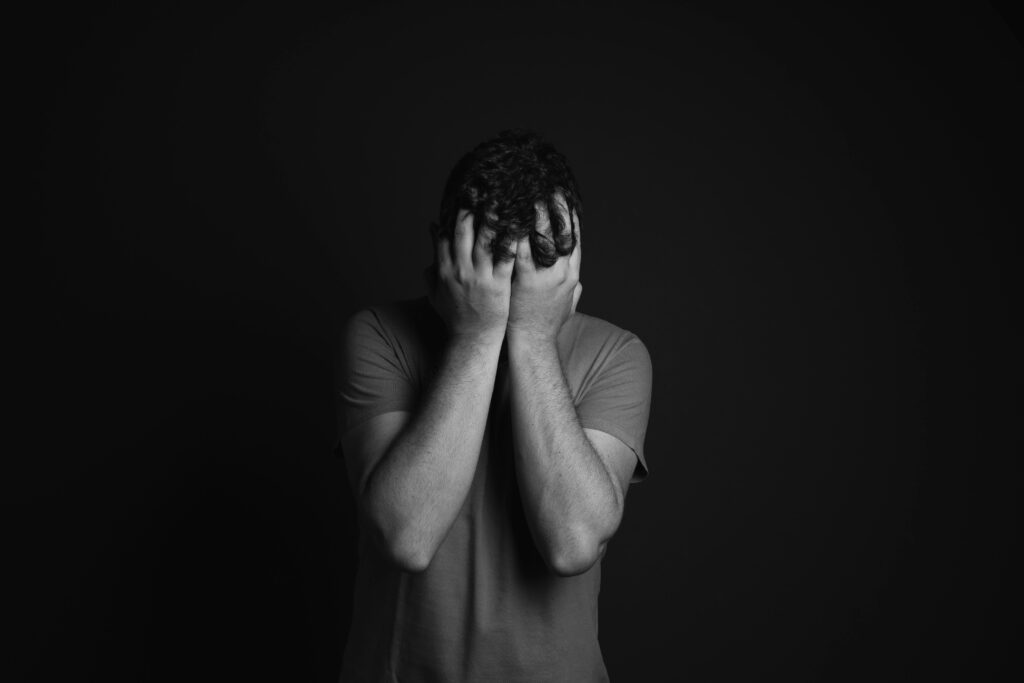
Depression is commonly associated with emotional symptoms like persistent sadness, hopelessness, or a loss of interest in life. But did you know that depression affects your physical health too?
As a trusted provider of Pygmy Blue Health, we believe it’s essential to understand that depression isn’t just “in your head”—it affects your entire body. From sleep disturbances to weakened immunity, depression can take a serious toll on your physical well-being.
🧠 What Is Depression?
Depression is a mental health disorder marked by persistent low mood, lack of motivation, and feelings of worthlessness. It can interfere with daily functioning and affect every aspect of life, including relationships, work, and physical health.
⚠️ Physical Symptoms of Depression
Let’s explore the major physical effects of depression and how they can manifest:
1. Fatigue and Low Energy
People with depression often feel tired all the time, no matter how much rest they get. This chronic fatigue makes even simple tasks feel overwhelming and can lead to further feelings of frustration and helplessness.
2. Sleep Disturbances
Insomnia (difficulty falling or staying asleep) and hypersomnia (excessive sleeping) are both common symptoms. Poor sleep quality further worsens mood, concentration, and energy levels.
3. Aches and Pains
Depression often causes unexplained physical pain—like headaches, back pain, joint discomfort, and muscle tension. These aches may not respond to typical treatments and can linger for weeks or months.
4. Digestive Issues
Many people experience stomach problems, including nausea, cramps, bloating, or irregular bowel movements. This is because depression disrupts the gut-brain axis, which plays a key role in digestion.
5. Appetite and Weight Changes
Some people lose interest in food and eat less, leading to weight loss, while others may overeat or binge to cope, resulting in weight gain. Both extremes can be harmful to overall health.
6. Weakened Immune System
Chronic depression is linked to a weakened immune response, making it easier for infections to take hold and harder for the body to recover from illness.
7. Increased Risk of Heart Disease
Studies show a strong link between depression and heart health. High stress levels, poor sleep, and inflammation increase the risk of hypertension, heart attacks, and strokes.
💡 The Mind-Body Connection
Your mental and physical health are deeply intertwined. When mental health suffers, so does your body—and vice versa. Recognizing this connection is the first step in healing both.
Ignoring physical symptoms or treating them in isolation without addressing the underlying emotional causes may lead to incomplete or short-term relief.
🧘♀️ How Pygmy Blue Health Can Help
Professional Pygmy Blue Health can be life-changing. Through proven approaches like Cognitive Behavioral Therapy (CBT), mindfulness-based therapy, and lifestyle coaching, individuals can learn how to manage both emotional and physical symptoms of depression.
At our clinic, we take a holistic approach. We understand that depression affects every part of your life, and we work with you to restore balance—emotionally, physically, and mentally.
